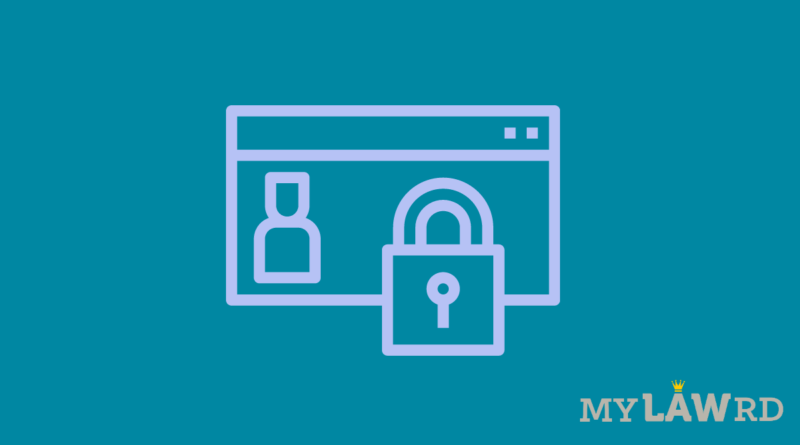Instagram and Facebook are the Most Invasive apps: pCloud
According to the cloud storage firm pCloud, Instagram and Facebook are the most invasive apps. Instagram is sharing 79% of your personal data with third party companies, including everything from purchasing information, personal data, browsing history. It also uses 86% of your data to sell you more of the Facebook group’s own products and serve you relevant ads on behalf of others. Facebook came second, whereas apps like Signal, Clubhouse and Netflix do not share your data with third-parties or use it for marketing purposes at all.
These days almost everyone is using a smartphone and using all kinds of apps, from social media to food delivery apps, but the way Data is being acquired, stored and used is one of the key social, cultural, economic challenge of the contemporary times. And this is what cloud storage pCloud’s report is talking about. According to this report Instagram and Facebook are on the top list when it comes to sharing of user data with the third party companies and also using it massively for their own marketing benefits.
On the other hand, apps like, Signal, Netflix, Clubhouse, Microsoft Teams, Skype, and Google Classroom are collecting no data at all which makes them relatively safe to use. Talking about Social media apps like Instagram and Facebook are really invasive and other apps like BIGO , LIVE, and Likke are listed to be amongst 20 safest apps to use which collects only 2% of user’s personal data.
Approximately how much data these apps are sharing?
Instagram shares 79 percent data with other companies and uses 86 percent data for the group’s own marketing benefits. Facebook comes in second by sharing 56% of data with other companies and collects 86 percent of data for its own benefit. LinkedIn and Uber Eats both are listed to sell off 50 percent of data to third-parties. pCloud says that YouTube sends 42 percent of your personal data elsewhere. eBay comes in at 5th place tracking and selling 40 percent of the personal data possible. Shopping giant Amazon came lower in the list, with minimal tracking for its own advertising, and no data passed on to third parties.
Kind of Data these apps collect
Any information you agree for the app to gather when signing up can be analyzed for their benefit and even shared. You agree to this by accepting the app’s terms and conditions. The data shared with third-parties include everything from purchasing information, personal data, and browsing history.
The main reason they collect such data is to make your experience better, tracking how you interact with them to fix bugs and improve how they work. However, they also use your information to target you with ads across any platform. We advise you to read Privacy Policy of any app before signing up on them and never just click Accept without knowing what it is.
Do subscribe to our Telegram channel for more resources and discussions on tech-law. To receive weekly updates, and a massive monthly roundup, don’t forget to subscribe to our Newsletter.
You can also follow us on Instagram, Facebook, LinkedIn, and Twitter for frequent updates and news flashes about #technologylaw.

